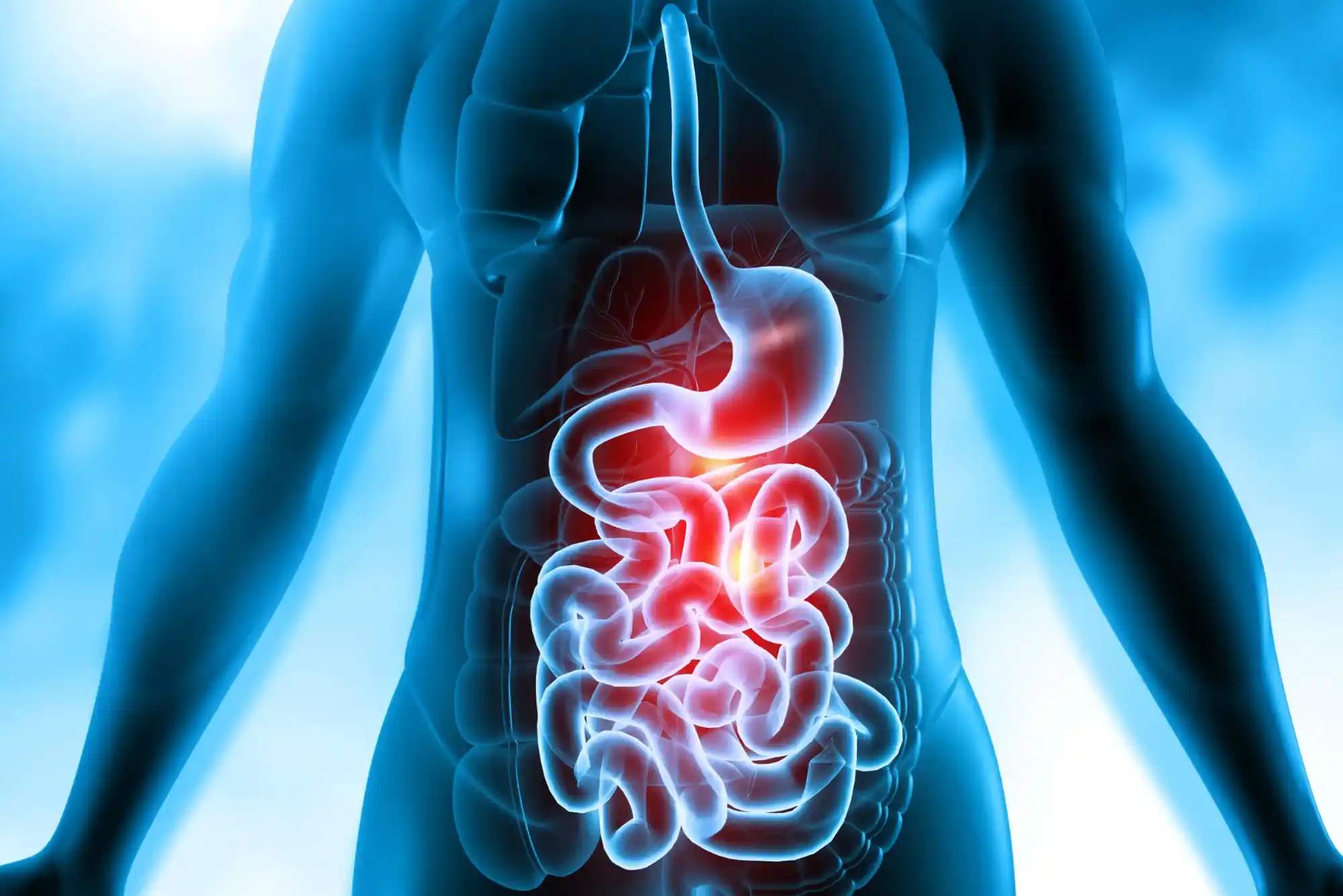Digestion is a crucial process that allows the body to break down food and absorb nutrients. Understanding how long it takes to digest food is not only fascinating but also important for overall health. Various factors, including the type of food consumed, individual metabolic rates, and lifestyle habits, can influence how quickly or slowly digestion occurs.
In this article, we’ll explore the different stages of digestion, factors that affect digestion time, and ways to support a healthy digestive system.
Understanding the Digestive Process
Before diving into how long it takes to digest food, it’s important to understand the steps involved in digestion. The digestive process is complex and involves various organs working together to break down food into nutrients that the body can absorb.
Mouth: The Starting Point of Digestion
Digestion begins the moment food enters the mouth. Chewing helps break food into smaller pieces, making it easier for the stomach and intestines to process. Saliva contains enzymes that start breaking down carbohydrates, kick-starting the digestive process. While the mouth plays a brief role in digestion, it’s essential for setting the stage for the rest of the journey.
Stomach: The Center of Digestion
Once food is swallowed, it travels down the esophagus and into the stomach. The stomach is a powerful organ that uses both mechanical and chemical means to digest food. Stomach acid and enzymes break down proteins, and the stomach muscles churn the food, turning it into a semi-liquid mixture called chyme. The time food spends in the stomach can vary depending on the type of food consumed.
Small Intestine: Absorbing Nutrients
After leaving the stomach, the partially digested food enters the small intestine, where most nutrient absorption occurs. The small intestine is lined with villi, tiny hair-like structures that absorb nutrients and transfer them to the bloodstream. Digestive enzymes from the pancreas and bile from the liver further break down fats, proteins, and carbohydrates.
Large Intestine: Final Processing
Once the nutrients have been absorbed, the remaining undigested food moves into the large intestine (also called the colon). Here, water and electrolytes are absorbed, and the waste is formed into stool, which is eventually excreted. The time food spends in the large intestine can vary widely, but this phase is crucial for regulating water balance and maintaining digestive health.
How Long Does It Take to Digest the Food?
The time it takes for food to pass through the entire digestive system can vary based on several factors, including the type of food and individual health conditions. However, digestion typically follows a general timeline.
Digestion in the Stomach
On average, food spends a few hours in the stomach. The exact time depends on the composition of the meal. For instance:
- Proteins and fats take longer to break down, which can slow digestion in the stomach.
- Carbohydrates digest more quickly and leave the stomach sooner.
Digestion in the Small Intestine
After leaving the stomach, the food spends several more hours in the small intestine. During this time, nutrients are absorbed into the bloodstream, and the food is further broken down by enzymes. This phase of digestion is where most of the essential vitamins, minerals, and macronutrients are extracted from food.
Time in the Large Intestine
Once the food reaches the large intestine, it may take some additional time to be fully processed. Water is absorbed from the remaining waste, and bacteria in the colon help break down any undigested food particles. This stage is important for maintaining hydration and ensuring the body gets rid of waste efficiently.
Factors That Affect Digestion Time
 While digestion follows a general pattern, several factors can influence how long it takes to digest food.
While digestion follows a general pattern, several factors can influence how long it takes to digest food.
Type of Food Consumed
Different foods require different amounts of time to digest. For example:
- High-fiber foods like vegetables, fruits, and whole grains take longer to digest because fiber adds bulk to the stool and slows the movement of food through the digestive system.
- Fatty foods and foods high in protein also slow down digestion, as they require more time and enzymes to break down.
- Processed foods that are low in fiber but high in sugar may be digested quickly, but they can lead to spikes in blood sugar levels.
Hydration Levels
Adequate hydration is essential for proper digestion. Water helps break down food and keeps things moving through the digestive tract. Dehydration can slow digestion and lead to issues such as constipation.
Activity Levels
Physical activity can also impact how long digestion takes. Regular exercise stimulates intestinal contractions and can help food move more quickly through the digestive system.
Age and Metabolism
As people age, their metabolism tends to slow down, which can affect digestion speed. Younger individuals with faster metabolisms may experience quicker digestion, while older adults may find that their digestive process slows over time.
Health Conditions
Certain health conditions can impact digestion. For instance, people with irritable bowel syndrome (IBS), celiac disease, or gastritis may experience slower or faster digestion depending on how their bodies respond to specific foods. Medications and digestive disorders can also affect how long it takes to digest food.
Supporting Healthy Digestion
Maintaining a healthy digestive system is important for overall well-being. Here are some strategies to support proper digestion and ensure the process functions smoothly.
Eat a Balanced Diet
Consuming a diet rich in fiber, healthy fats, lean proteins, and whole foods can help keep the digestive system working efficiently. Fiber, in particular, is essential for promoting regular bowel movements and preventing constipation.
Stay Hydrated
Drinking plenty of water throughout the day helps soften the stool and supports the movement of food through the intestines. Aim to drink water before, during, and after meals to aid digestion.
Practice Mindful Eating
Eating too quickly can overwhelm the digestive system and lead to indigestion or bloating. Taking time to chew food thoroughly and enjoy each bite allows the stomach to process food more easily.
Get Regular Exercise
Physical activity promotes healthy digestion by stimulating intestinal contractions. Even light exercise, such as walking after meals, can help food move through the digestive system more quickly.
Manage Stress
Chronic stress can negatively impact digestion and lead to issues like indigestion, constipation, or diarrhea. Practicing stress-reduction techniques such as meditation, yoga, or deep breathing can support healthy digestion.
The time it takes to digest the food depends on many factors, including the type of food, hydration levels, activity levels, and overall health. While digestion follows a general timeline, it can vary greatly from person to person. Understanding the digestive process and making mindful choices about diet, hydration, and lifestyle can help support healthy digestion.
By maintaining a balanced diet, staying hydrated, and staying active, you can promote efficient digestion and overall well-being. If you experience persistent digestive issues or notice significant changes in digestion, it may be important to seek guidance from a healthcare professional.








